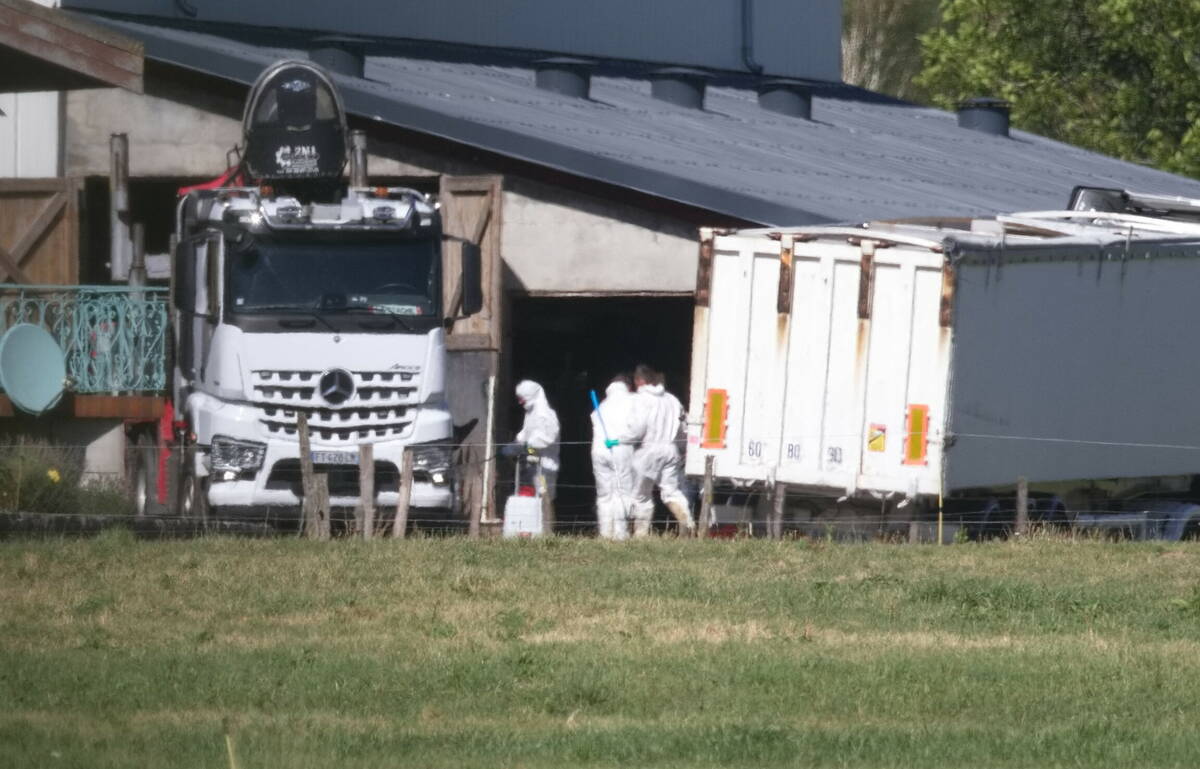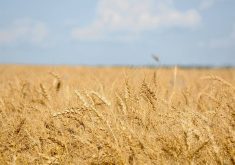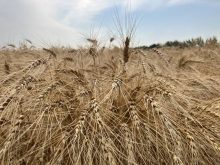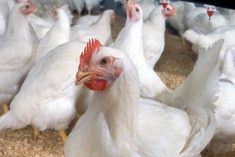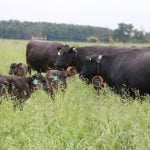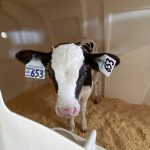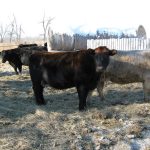Paris | Reuters — France imposed a ban on cattle exports and events such as bullfighting, the agriculture ministry said on Friday as it tries to contain the highly contagious lumpy skin disease sweeping through farms in the country for the first time.
Lumpy skin disease is a virus spread by insects that affects cattle and buffalo, causing blisters and reducing milk production. It does not pose a risk to humans but often leads to trade restrictions and severe economic losses.
Read Also
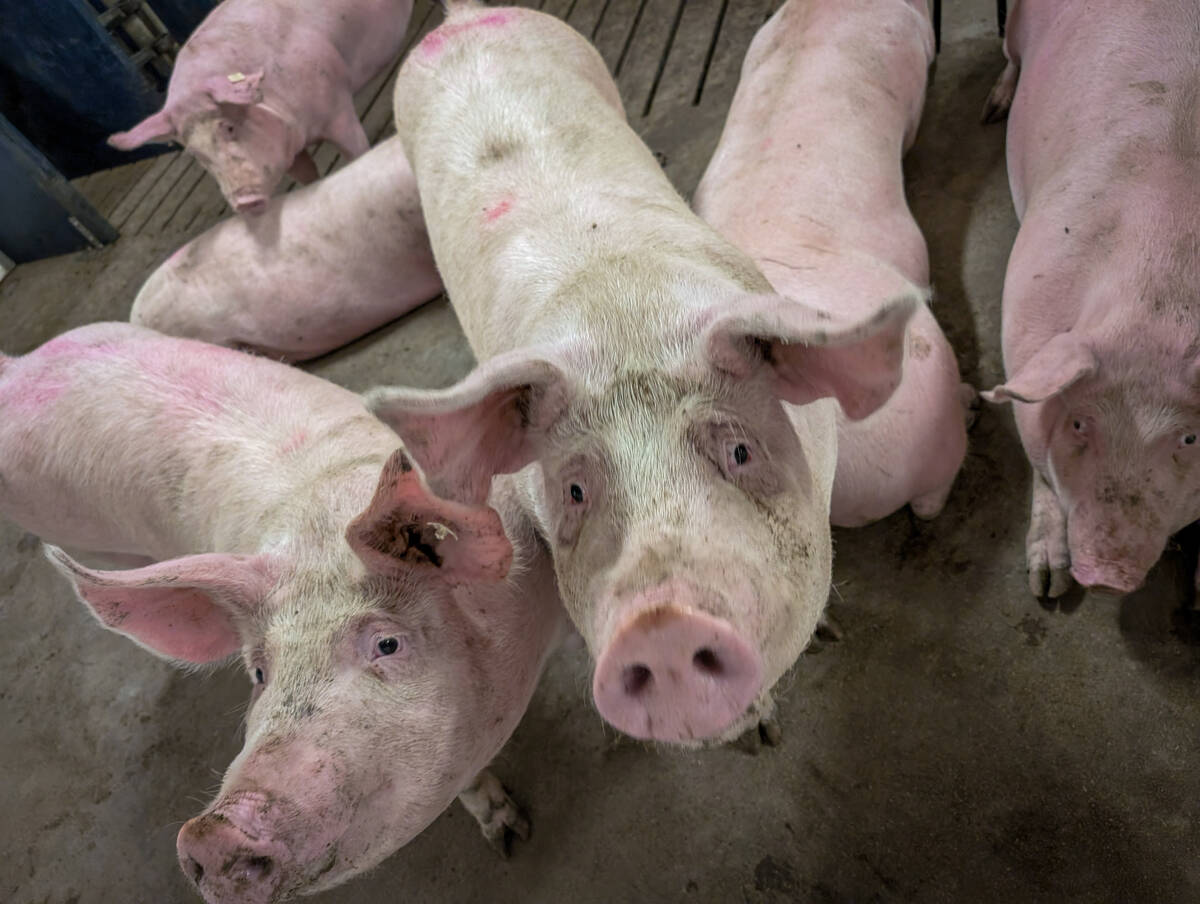
No way to segregate gene edited pigs Canadian Pork Council says as groups call for labeling
Canadian Pork Council says it supports bids to get public acceptance for pigs gene edited for resistance to PRRS as some consumer and agriculture groups call for mandatory labelling.
The measures will take effect on October 18 and be valid until November 4. They will be lifted on November 5, if the health situation allows, the ministry said.
Outbreaks on the rise
After waning this summer, outbreaks of lumpy skin disease picked up in France this month, spreading from the Alps to the Jura and Ain regions in eastern France. Three outbreaks of the disease have been found near the Spanish border this week.
“The very recent emergence of several isolated outbreaks (one in Ain, three in Jura, and three in Occitanie) is a cause for concern and is probably the result of animal movements, some of which were illegal,” the ministry said.
During a visit to Jura, French Agriculture Minister Annie Genevard said the future of French livestock farming was at stake.
“We are at a critical moment. It is essential we keep up our efforts to protect the French cattle herd,” she said. “Let’s rise to the challenge together, as we have since last June.”
Disease new to Western Europe
The virus is historically present in Africa and the Middle East but had been absent from Western Europe until last June, when a first outbreak occurred on Italy’s Sardinia island, followed by France. Spain reported a first case last week. Canada has never seen a case of the disease according to the Canadian Food Inspection Agency.
Cases have been found this week in three communes of the Pyrenees-Orientales in southwestern France – La Bastide, Oms, and Valmanya – prompting a mandatory vaccination campaign in the surrounding area, the farm ministry said in a statement.
The affected villages are close together and about 30 kilometres (18.6 miles) from the Spanish border.
“We can imagine that there is a link with Spain but we are still investigating,” Genevard said.
— Reporting by Sybille de La Hamaide

